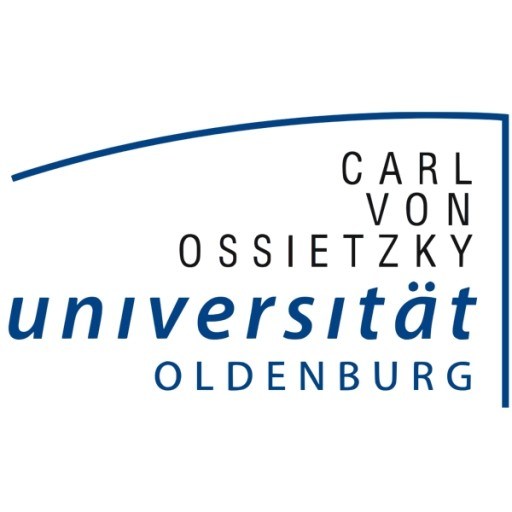Photos of university
The German-French Double Degree in Physics at Saarland University offers a unique opportunity for students to acquire comprehensive academic and professional skills in fundamental and applied physics through an integrated, multidisciplinary program. This program is designed for ambitious students who aim to gain an international perspective and develop intercultural competencies alongside their scientific expertise. The programme combines rigorous coursework, cutting-edge research projects, and practical laboratory experience, allowing students to immerse themselves in two different academic environments — Germany and France — thus benefiting from the strengths of both institutions. Throughout the course of study, students will have the chance to learn from experienced professors and researchers, participate in innovative physics research, and collaborate with peers from diverse backgrounds. The curriculum covers core areas of physics, including classical mechanics, electromagnetism, quantum mechanics, thermodynamics, statistical physics, and modern physics phenomena. It also emphasizes the development of analytical skills, problem-solving abilities, and computational techniques necessary for contemporary scientific work. Additionally, students will engage in specialized modules tailored towards emerging fields such as nanotechnology, condensed matter physics, and astrophysics. The program typically includes mobility periods where students study at partner institutions in France, enabling them to experience different academic cultures and enhance their language skills. Graduates of this double degree program will be well-positioned for careers in research, academia, industry, or further postgraduate studies. They will receive two recognized degrees, one from Saarland University in Germany and another from a partner university in France, which significantly broadens their employment prospects and facilitates international mobility. The program is suitable for highly motivated students with a strong interest in physics and an aspiration to operate within an international scientific community. By completing this double degree, graduates will be equipped with a solid scientific foundation, intercultural competence, and the flexibility to adapt to the global demands of scientific and technological development.
Educational organisation
Students on the SaarLorLux Bachelor's degree programme in Physics (SLLS-B) begin their studies at the Université de Lorraine in Nancy, France. During their first year, students will be taught the important fundamentals of the subject. Modules in experimental physics cover the areas: classical mechanics, electrodynamics and thermodynamics. The supplementary theoretical and mathematics courses supply the necessary theoretical background and mathematical knowledge needed for future studies. Problem-solving classes and practical lab courses help students gain a stronger grasp of the material being taught and provide them with an opportunity to discover physical principles by themselves.In the second year, students relocate to the Université du Luxembourg. Students consolidate and deepen what they learned in the first year and are introduced to the developments in physics in the 20th century. Students also take a course on the theoretical description of thermodynamics, and receive an introduction to numerical physics, in which computer algorithms are used to simulate and model physical descriptions of reality.
The third and final year of the Bachelor's degree programme takes place at Saarland University. Here students undertake special courses in experimental physics (solid state physics, nuclear and elementary particle physics) and in theoretical physics (quantum mechanics). In the field of applied physics, students carry out advanced practical and lab work (partly within departmental and faculty research groups). This work forms the basis for the final-year Bachelor's thesis, with students presenting the results of their projects in an oral presentation.
Students who have met all the academic course requirements will be awarded a Bachelor Physik from Saarland University, a Bachelor en sciences et ingénierie: spécialisation physique as well as a Licence en physique et chimie de la matière de la terre: spécialisation physique. Students also receive a common diploma supplement document.
Language courses are available throughout the three-year programme to help students improve their foreign language skills.
For further information, please visit: http://ci.physik.uni-saarland.de/index_de.php.
Study abroad unit(s)
Students on the programme spend the first year studying in Nancy, the second year in Luxembourg, and the third year in Saarbrücken.Forms of assessment
Exams, project work, final-year thesisCourse objectives
The course aims to:- provide students with a solid understanding of physics, including their chosen fields of specialisation
- acquaint students with contemporary research issues in physics
- prepare students for a Master's programme
- provide students with the skills needed to work internationally in an academic or industrial environment









